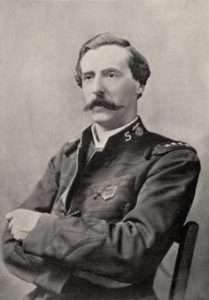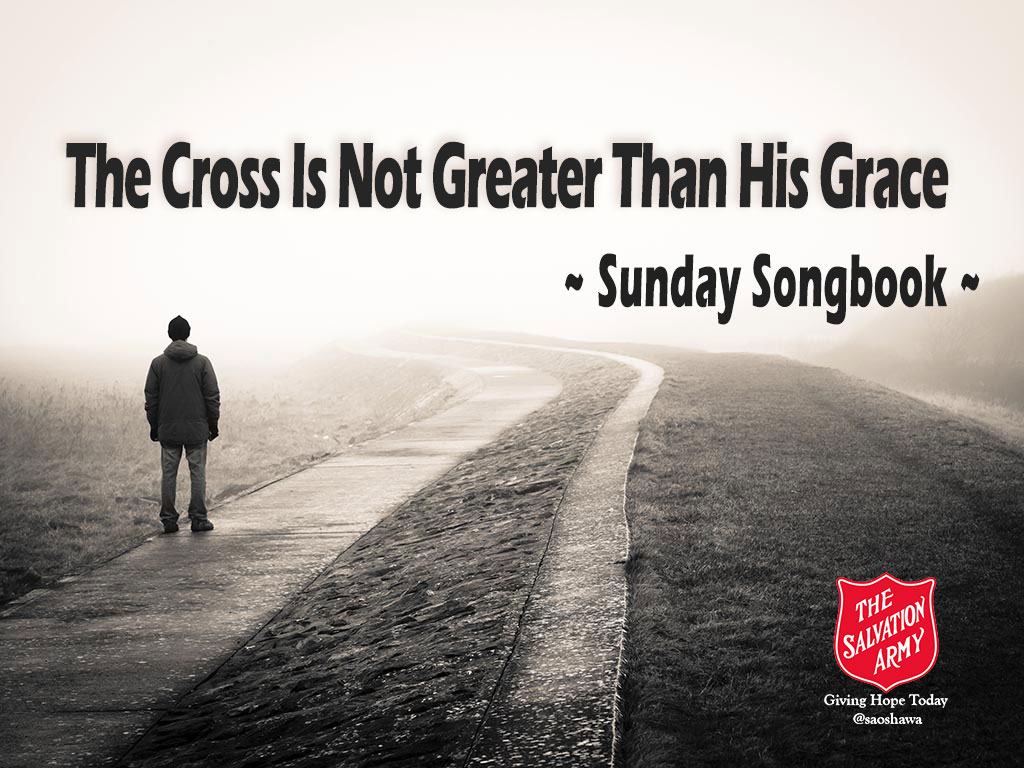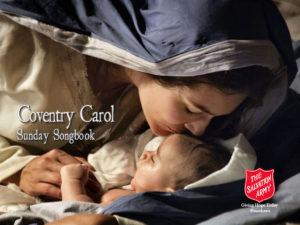The cross that He gave may be heavy,
But it ne’er outweighs His grace;
The storm that I feared may surround me,
But it ne’er excludes His face.
CHORUS:
The cross is not greater than His grace;
The storm cannot hide His blessèd face;
I am satisfied to know that with Jesus here below,
I can conquer every foe.
The thorns in my path are not sharper
Than composed His crown for me;
The cup which I drink not more bitter
Than He drank in Gethsemane.
The scorn of my foes may be daring,
For they scoffed and mocked my God;
They’ll hate me for my holy living,
For they crucified my Lord.
The light of His love shines the brighter
As it falls on paths of woe;
The toil of my work will grow lighter
As I stoop to raise the low.
Does God actually give us our crosses, or burdens, to bear, or does He just allow them in our lives? Are they the result of wrong choices by us or someone else, or simply things that happen in this natural world? What circumstances led Ballington Booth to pen the words of this song? Whatever may be the case, these words and the lilting melody bring much uplift when one feels discouraged. How wonderful that with Jesus beside us, we can “conquer every foe”! What practical truth that our own burdens are lightened when we bend down to help someone else!
Does God actually give us our crosses, or burdens, to bear, or does He just allow them in our lives? Share on X Ballington was born in 1857 in Yorkshire, England, as the second son of William and Catherine Booth, founders of The Salvation Army. He was educated in various schools in England and at the youthful age of twenty-three he was placed in charge of the first Salvation Army training home for men officers. Later, after two years in command of The Salvation Army in Australia, he returned to England, where he married Maud Charlesworth in 1886. In 1887, Ballington and Maud were sent in charge of the Army’s work in the United States. They resigned after eight years because of policy differences and conflicts within the Booth family, particularly William Booth’s authoritarian leadership style. This led Ballington to establish Volunteers of America , a religious and social welfare organisation similar in concept to The Salvation Army. He was its general and commander-in-chief for forty-four years. Ballington played several musical instruments and composed a number of songs. He died in Long Island, New York, in 1940.
Ballington was born in 1857 in Yorkshire, England, as the second son of William and Catherine Booth, founders of The Salvation Army. He was educated in various schools in England and at the youthful age of twenty-three he was placed in charge of the first Salvation Army training home for men officers. Later, after two years in command of The Salvation Army in Australia, he returned to England, where he married Maud Charlesworth in 1886. In 1887, Ballington and Maud were sent in charge of the Army’s work in the United States. They resigned after eight years because of policy differences and conflicts within the Booth family, particularly William Booth’s authoritarian leadership style. This led Ballington to establish Volunteers of America , a religious and social welfare organisation similar in concept to The Salvation Army. He was its general and commander-in-chief for forty-four years. Ballington played several musical instruments and composed a number of songs. He died in Long Island, New York, in 1940.





